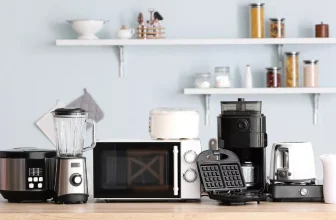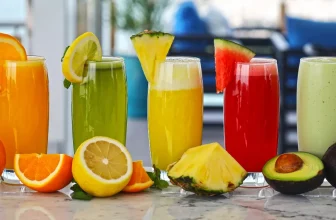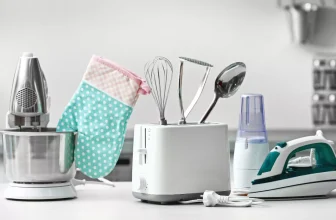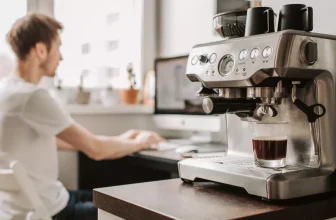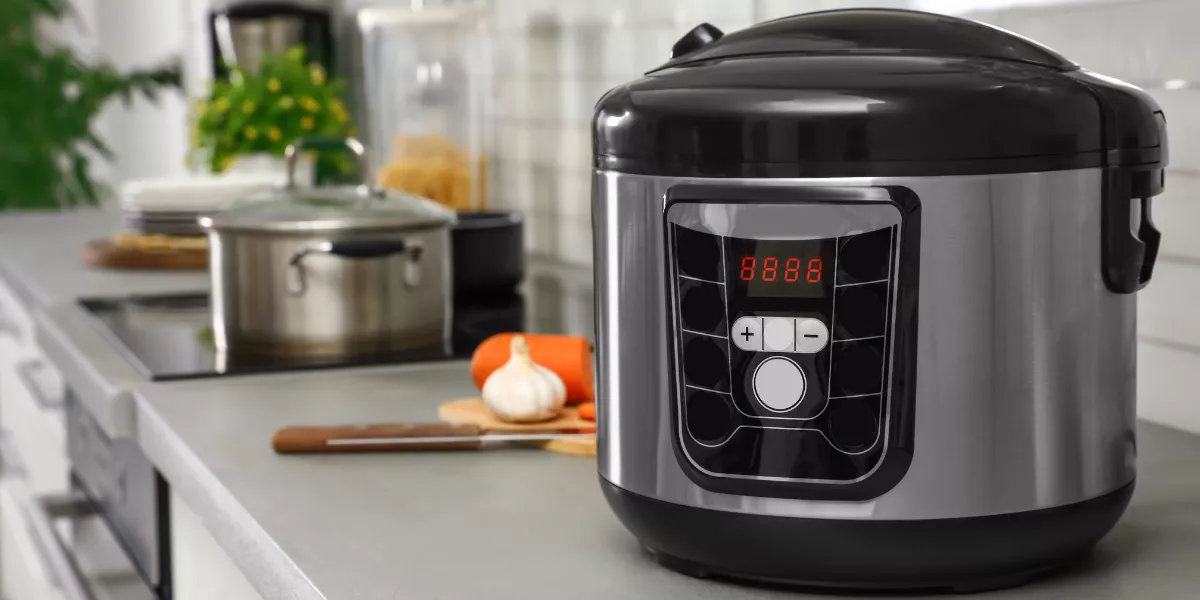
When deciding between sous vide and a slow cooker for your home cooking needs, you'll find yourself at a crossroads of precision and convenience. Sous vide promises meticulous temperature control and tender results, while slow cookers offer a hands-off approach perfect for busy schedules. But which method truly reigns supreme in your kitchen? The answer might surprise you, as each technique brings its unique strengths to the table. So, which will you choose for your next culinary adventure?
Cooking Method Overview
When comparing sous vide and slow cooker cooking methods, it's essential to understand their fundamental differences. Sous vide involves vacuum-sealing food in a bag and cooking it in a precisely controlled water bath at a consistent low temperature for an extended period. This method ensures that the food is evenly cooked from edge to edge, resulting in a tender and moist texture.
On the other hand, slow cookers use a countertop electrical appliance that simmers food at a low temperature over several hours. Slow cooking allows flavors to meld together while tenderizing tough cuts of meat, making it ideal for stews, soups, and braised dishes.
Sous vide offers precise temperature control, which is crucial for achieving consistent and predictable results. It's perfect for delicate foods like fish and eggs that require precise cooking temperatures. Slow cookers, on the other hand, are more hands-off and convenient for busy individuals as they can be left unattended for hours without supervision.
Both methods have their strengths and are suitable for different cooking needs.
Cooking Precision and Control
To achieve precise cooking control and accuracy, consider the differences in cooking precision between sous vide and slow cooker methods. Sous vide cooking offers unparalleled precision by maintaining a constant water temperature, ensuring your food cooks evenly throughout. This method allows you to set the exact temperature you want your food to reach, resulting in perfectly cooked dishes every time. In contrast, slow cookers rely on low heat over an extended period, offering less precise control over the final outcome. While slow cookers are great for hands-off cooking and tenderizing tough cuts of meat, they may not provide the same level of precision as sous vide cooking.
When it comes to cooking delicate items like fish or eggs, sous vide shines due to its precise temperature control, preventing overcooking. Slow cookers, on the other hand, excel at braising meats and developing rich flavors over time. Depending on the dish you're preparing, the level of control you desire will determine whether sous vide or a slow cooker is the better option for achieving your desired results.
Time and Convenience Factor
Considering your busy schedule, evaluating the time and convenience factor between sous vide and slow cooker methods is essential for efficient meal preparation. Slow cookers are known for their set-it-and-forget-it convenience. You can simply throw in the ingredients, set the timer, and come back to a cooked meal hours later. This makes slow cookers great for busy days when you don't have time to monitor the cooking process.
On the other hand, sous vide requires more hands-on time initially to vacuum-seal the food and set up the water bath, but once that's done, you can leave it to cook without supervision. This method allows for precise temperature control and consistent results, but it does require planning ahead due to the longer cooking times.
If you prefer a more hands-off approach and enjoy the flexibility of starting a meal in the morning and coming back to it in the evening, the slow cooker might be the better choice for your busy lifestyle.
Flavor and Texture Comparison
For home cooks looking to compare the flavor and texture differences between sous vide and slow cooker methods, the key lies in understanding how each technique influences the final dish. Sous vide cooking, known for its precise temperature control, retains the natural flavors and juices of the ingredients. By vacuum-sealing food in bags and cooking it in a water bath for an extended time at a low temperature, sous vide ensures that flavors are locked in, resulting in tender, moist, and flavorful dishes.
On the other hand, slow cookers rely on long, low-temperature cooking to break down tough cuts of meat and develop rich flavors. While slow cookers can create delicious stews, braises, and soups with minimal effort, some argue that the flavors may not be as intense as those produced by sous vide. The texture of slow-cooked dishes tends to be more homogenous and fall-apart tender, contrasting with the often precise and consistent texture achieved through sous vide cooking.
Ultimately, the choice between sous vide and slow cooking depends on personal preference for flavor intensity and texture.

